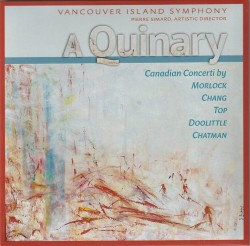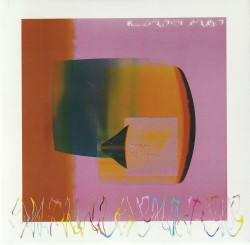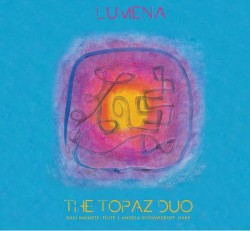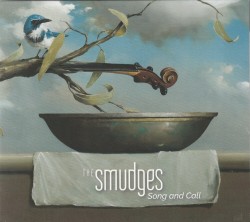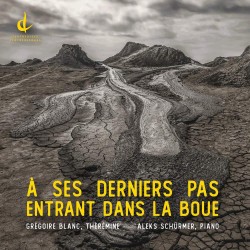Ecology of Being - Duo Concertante
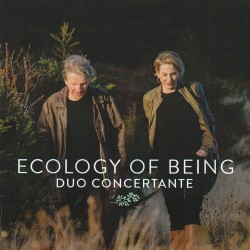 Ecology of Being
Ecology of Being
Duo Concertante
Marquis Classics MAR 81625 (duoconcertante.com)
The fundamental task of finding one’s way in the world and locating true measures of meaning can be elusive as we attempt to understand how purpose relates to quality of existence. To create a successful recording, perhaps one way to begin understanding the immense implications of being is to commission a collection of new works for violin and piano. With six brilliant new works performed with world-class expressiveness and musicality, Newfoundland’s Duo Concertante has released a powerful and deeply moving album.
The Canadian composers were asked to respond to earth’s climate emergency and to consider our interconnectedness with respect to the rapidly changing environment and the future implications of our current decisions to act or to not act. Ian Cusson delivers an utterly tragic response that is interrupted by a joyous dance, a contrast that is jarring and disturbing, in a work titled The Garden of Earthly Delights. Carmen Braden’s dusty The Seed Knows, is distant ephemera beneath shocking pillars of scratchy sonic behemoths. In Randolph Peters’ Frisson, dramatic gestures struggle toward several climactic regions that are surrounded by tender lyricism. Dawn Avery’s Onekha’shòn:a,Yakón:kwe (The Waters, the Women) is a deeply moving three-movement work that speaks to the Indigenous understanding of the symbiotic and spiritual connections between women and water. Using the ecopoetry of Shannon Webb-Campbell throughout the piece as spoken word, Melissa Hui’s Ecology of Being produces a solitary barren enchantment – carefully designed thin and empty landscapes surround the spoken text like precious gems, creating warmth through scarcity. Lastly, Bekah Simms’ shedding, as if sloughed scatters darkness amid the burning vivid augmentation of sound and noise. This work is deeply expressive, producing rich manifolds of purging smoke and sunken ash. Simms’ innovative sonic images hover like shadowforms as if to suggest that everything comes from fire and returns to it.
This release is a stunning collection of highly personal works wonderfully performed by the duo.


